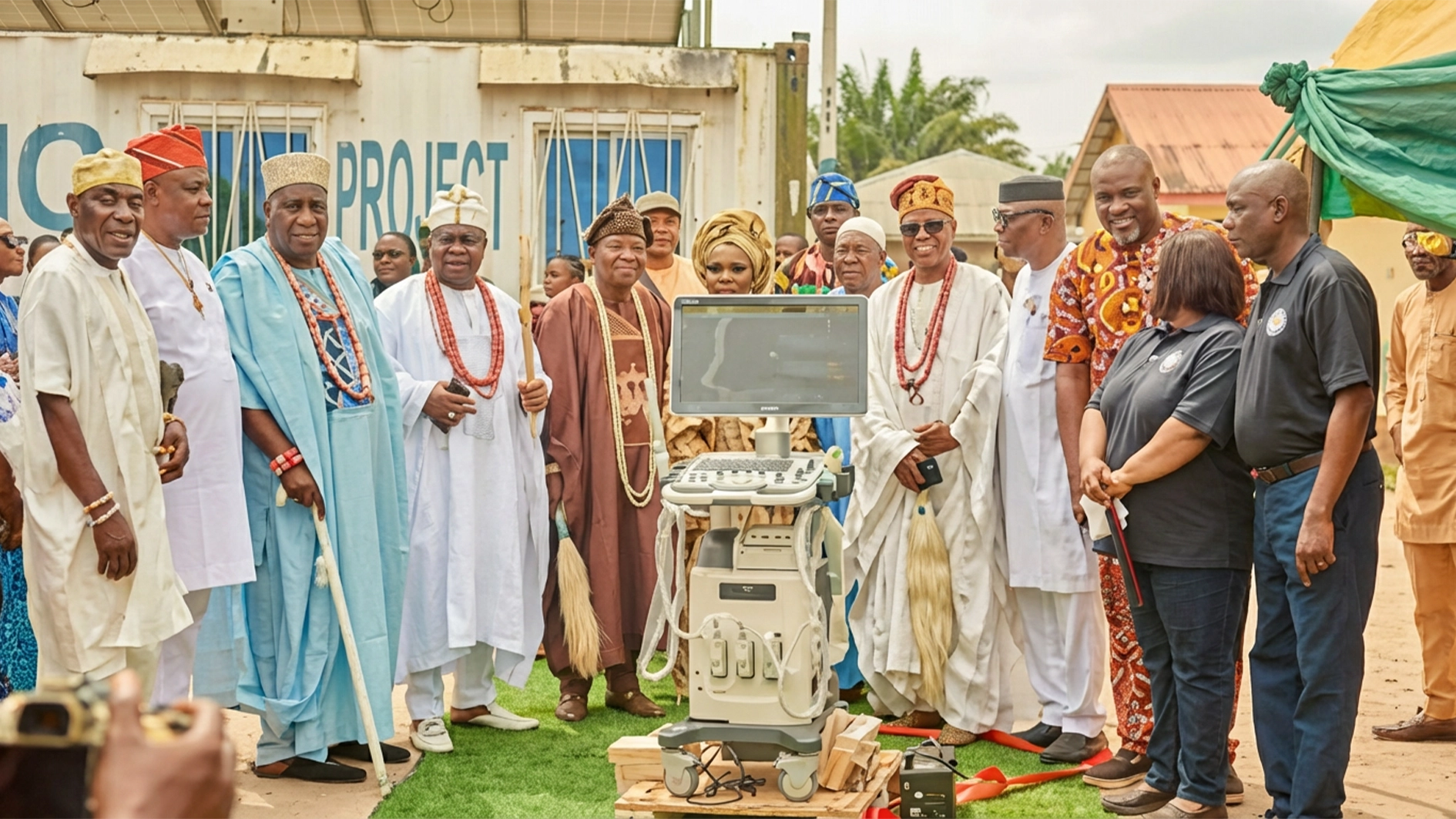
During the time of Abu Hanifah, there were no lawyers. The only law known to the Muslims was the Quran. Whenever disputes arose among them, both the plaintiff and the defendant used to represent themselves. A complaint was lodged in the court against Ali bn Abi Talib, the fourth Caliph; he put up an appearance in order to defend himself. You needed no mastery of the grammar of English nor of the sophistry of philosophy in order for you to be an upholder of justice.
Thus Abu Hanifah told the king that he preferred to remain independent. When the king insisted he would appoint him the Chief Judge, Abu Hanifa excused himself by saying that he did not regard himself fit for the post. Al-Mansur, who had his own ideas and reasons for offering the post, lost his temper and accused Abu Hanifa of lying. Then Abu Hanifa said: “How does it appear seemly to you then to appoint a liar as a judge?”. In other words, to be a judge, is to be a symbol of truth and honesty; to be a judge is to be a mirror of transparency; to be a judge is to be incorruptible.
Of justices who are just in conduct, in private and in public, they are the sine qua non for all societies that desire peace and tranquility. But my country is in a presently in a triple bind. The leader in the temple of justice has been caught in the whirlwind of misconduct; the head of the Bar is facing inquisition for conducts which call to question the catholicity of the legal profession; the legislature and the executive are at daggers drawn over the approach and the methodology of the whole fight against corruption. Meanwhile, the corrupt and the ‘corrupters’ are re-strategizing. They are busy devising new styles and tricks by which this nation may be fleeced afresh and the more.
Caliph Al-Mansur eventually had Abu Hanifa arrested, locked in prison and tortured. He was never fed nor cared for. While inside the gulag, Abu Hanifah, the indomitable jurist, continued to teach those who were permitted to come to him. In 767, Abu Hanifa died a prisoner. But he never died. First, over 50,000 mourners gathered for his burial and the funeral prayer had to be done five times to accommodate the mourners’ desire to do the Janazah prayer for and on him. Though his body was interred, though he paid the ultimate price in defense of his honour and in affirmation of the authority of the Almighty, Abu Hanifah lives on as a symbol of judicial preeminence.
Pray for our judiciary. It has become like the honey which tastes like venom in the mouth; it feels as if we are in a season when the judiciary has become the salt which now tastes sour on the tongue. Nowadays, to suspect judges of falsehood has become like accusing politicians of subterfuge.
In other words, when the politician, who is not a statesman is hurled off power, when they fall like empty hulls from kernel; when they are consigned to the rubbish-can of history and forever condemned to grope in the labyrinth of eternal irreverence, people often say: serves them right. But the same is usually not expected of men and women in the judiciary. This is based on three reasons: one, those who serve the cause of justice are deemed to be servants in the temple of the Almighty – “O you who believe! Stand out firmly for justice, as witnesses to the Almighty, even if it be against yourselves, your parents, and your relatives, or whether it is against the rich or the poor…” (Quran 4:135).
Thus in Islamic worldview, justice denotes placing things in their rightful place. It also means giving others equal treatment. Justice is also a moral virtue and an attribute of human personality. Justice makes for peace; it guarantees security. Without justice, development cannot take place.
In other words, justice is so important that it is the sine qua non for peace. Ironically too, without justice or a semblance of it, armed robbery and corruption cannot take place.
Thus we need justices who would grant judicial relief to the masses not those who would hob-nob with politicians in order to elongate and elasticize peoples’ suffering. We need justices who would be contented with the little that the Almighty has provided them with not those who would take rams during the ‘Id from politicians and baskets of gifts during the Christmas periods. We need justices who would be able to confront and differentiate between lawyers of integrity and liars in the bar. Somebody says: “A judge’s duty is to grant justice; his practice is to delay it”. Justice delayed is justice denied.
We need justices who would put lies to Francis Bacon’s opinion that laws are like cobwebs where the small flies are caught and the great break through. We need judges who would act like Sindbad the Sailor; those who would take the judiciary and indeed Nigeria on to the golden road of Samarkand; judges and justices who would revolutionize the dispensation of justice in the manner of the merchant princes of antiquity; we need the emergence of martyrs among the judges because no revolution is ever complete without its martyrs preferably on the guillotine; judges who would willingly lay their heads on the scaffold and rise like the phoenix from the ashes of oppression of temporary authorities and conscience-less politicians; we need judges and justices whose judgement would be adulated in the high heavens, whose conduct would constantly remind us of the majestic pageantry of nature in her sublimest mood; judges and justices who, with regard to truth, honesty and integrity, would be as hard as adamant, rigid in moral firmness, ever glittering with the strong keen light of snow; we desire judges and justices who would dispense cases with dispatch like the strong flight of the eagle. We need lawyers who would not be liars; senior advocates of Nigeria not senior advocates of greed, sleaze, scum and corruption.
(08122465111 for texts messages only)
[ad unit=2]






